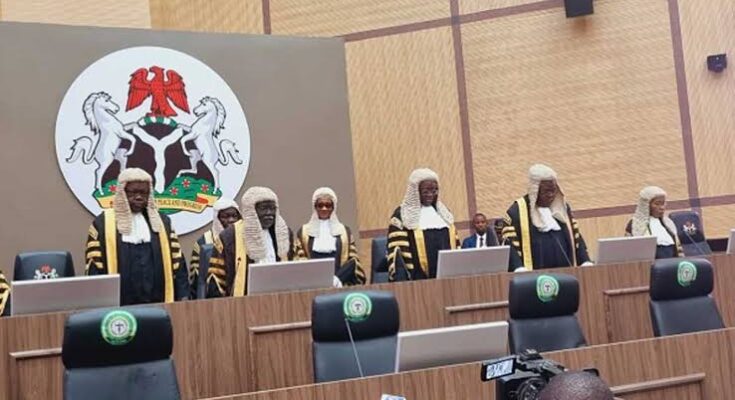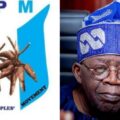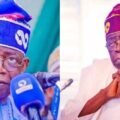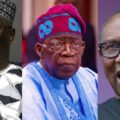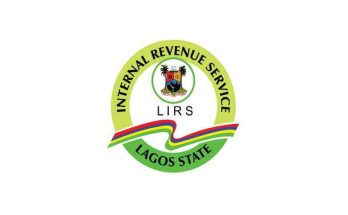By Oluwayanmife Ayobami
Nigeria’s presidential elections have been important in shaping the country’s democracy.
They have had both successes and controversies, with candidates often going to the Supreme Court to settle disputes over the results.
2003 presidential election
The 2003 presidential election was a significant moment for Nigeria’s democracy. It was the first time power transferred from one civilian government to another.
However, there were allegations of cheating and irregularities, leading to legal challenges. The Supreme Court ruled in favor of President Olusegun Obasanjo, which showed the importance of following the law and respecting the court’s decisions.
2007 presidential election
The 2007 presidential election was one of the most controversial in Nigeria’s history. There were reports of cheating, flaws, and violence. International observers said the election was not fair.
Despite these concerns, the Supreme Court upheld President Umaru Yar’Adua’s victory. The court acknowledged the problems but said they weren’t enough to cancel the election. This decision affected Nigeria’s politics and how people saw the court’s role in elections.
2011 presidential election
The 2011 presidential election was another important moment for Nigeria’s democracy. President Goodluck Jonathan sought a second term, but the Congress for Progressive Change challenged the results, claiming fraud.
The Supreme Court confirmed Jonathan’s victory, showing that the court could settle election disputes and keep the country stable.
2015 presidential election
The 2015 presidential election was a turning point in Nigeria’s politics. Muhammadu Buhari won, defeating the incumbent president Jonathan.
This peaceful transfer of power was a big moment for Nigeria’s democracy. There were concerns about cheating, but the Supreme Court confirmed Buhari’s victory, showing that the court respected the will of the people.
2019 presidential election
The 2019 presidential election was closely watched. Buhari ran for re-election and faced a strong challenge.
There were concerns about cheating, especially in result transmission. The Supreme Court upheld Buhari’s victory, solidifying his second term and showing the importance of following the law in elections.
2023 presidential election
The Supreme Court in Nigeria is still considering a case from Atiku Abubakar and the PDP challenging the result of the 2023 presidential election, which said Bola Tinubu won. They’re also looking into a case from the Labour Party but dismissed the case from the Allied Peoples Movement.
The court, led by Justice Inyang Okoro, heard arguments from both sides and whether Atiku should be allowed to present new evidence. Atiku’s lawyer wants Tinubu disqualified.
The lawyers for the opposing side, including INEC, President Tinubu, and the APC, say the case and the new evidence have no merit.
Nigeria’s presidential elections have been important for its democracy. The Supreme Court has played a crucial role in settling disputes and upholding the law. These elections and court decisions have shaped Nigeria’s politics and emphasized the importance of democracy and respecting the court’s decisions.

